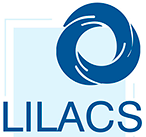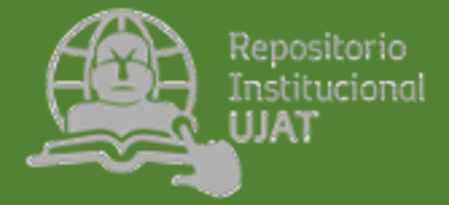Psychoeducational intervention in postpartum adolescent mothers in a public healthcare setting in Tabasco, México
DOI:
https://doi.org/10.19136/hs.a24n1.6032Abstract
Objective: To evaluate the impact of a psychoeducational intervention in postpartum adolescent mothers, based on emotional support, parenting education, and the strengthening of the mother-infant bond.
Materials and methods: In this quasi-experimental study, a convenience sample of 30 postpartum adolescent mothers was used. Three standardized scales were applied before the intervention: the Edinburgh Postnatal Depression Scale (EPDS), the Postpartum Bonding Questionnaire (PBQ), and the Maternal Postnatal Attachment Scale (MPAS), in order to assess depressive symptoms, mother-infant bonding, and postnatal attachment in a single application. Afterwards, a psychoeducational intervention was carried out and evaluated through a survey, also applied only once.
Results: Changes in the variables measured after the administration of the scales (EPDS, PBQ, MPAS) were analyzed. On the EPDS, 56.7% (n=17) presented low/no depression. On the PBQ, 53.3% (n=16) reported a very strong and satisfactory maternal-infant bond. On the MPAS, 53.3% (n=16) reported excellent postnatal attachment. The EEIPMAP survey reflected that 83.33% (n=25) of the participants perceived a positive impact after the intervention.
Conclusions: The findings contributed to the evidence on the effectiveness of the psychoeducational intervention in postpartum adolescent mothers, highlighting its impact on maternal mental health and the quality of the mother-infant bond.
Keywords: Motherhood; Adolescence; Postpartum; Psychoeducational intervention.
Downloads
Downloads
Published
Issue
Section
License
Copyright (c) 2025 Horizonte Sanitario

This work is licensed under a Creative Commons Attribution-NonCommercial-ShareAlike 4.0 International License.


































